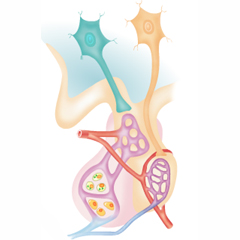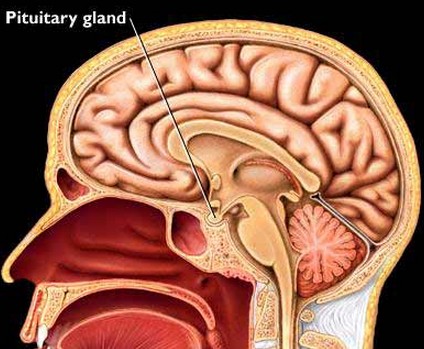Pituitary Gland Function – What You Should Know

The function of the pituitary gland needs to be checked regularly, especially if there are changes in a person's health. The function of the pituitary gland is to produce hormones that the body needs. The pituitary gland produces the hormone somatostatin, which helps produce testosterone. Testosterone is the most important hormone produced by the pituitary glands.
Sometimes the pituitary gland is hyperactive. This usually occurs in people who are getting old. In case 6.5, the patient underwent imaging of the posterior pituitary gland and was found to have a low somatostatin response to selective tests (Box 6.23). He also had normal testosterone levels. The rest of the pituitary gland activity was normal, including an MRI of his brain. However, at the time of imaging, the patient was being treated for hyperthyroidism.
The pituitary gland produces a protein called somatostatin. It is produced in response to testosterone. It helps determine the amount of testosterone the body needs. Low somatostatin leads to hypogonadism in most patients.
The pituitary gland produces the thyroid hormones thyroxine and triiodothyronine. Thyroxine and triiodothyronine help regulate the level of testosterone produced by the pituitary glands.
Pituitary glands produce another hormone called adenomatous polyp. Adenomatous polyp is produced in response to the activation of follicle-stimulating hormone (FSH). FSH is produced by the pituitaries when the follicles produce estrogen. Normally, FSH is produced in the ovaries and then travels to the testis to stimulate the growth of follicles. However, if the follicles become inactivated due to low FSH levels, they can no longer respond to FSH and thus stop producing estrogen.
Pituitary glands help make new cells. They also produce white blood cells. These cells act as messengers to other parts of the body. When these white blood cells encounter infections, they travel through the bloodstream and fight the infection.

Pituitary glands are very important to the functioning of many glands in the body
Some glands that produce hormones such as the adrenal, thyroid, pancreas, pituitary, colon, and so forth, cannot function well without the presence of pituitaries. In other cases, there is an extreme need for the presence of pituitaries in order to operate properly. If one of these glands fails, so does the other.
Pituitary diseases can cause a wide range of symptoms in some patients. The diagnosis of such diseases will depend on the cause of the disease. Treatment methods can vary depending on the cause and severity of the disease.
The effects of diseases can affect pituitary gland function in many ways. They may have a dramatic effect on the pituitary gland size, functioning, or production.
The size of the pituitary gland is a primary determinant of the amount of growth hormone produced and the amount of pituitary tissue necessary to produce adequate levels of the hormone. A pituitary tumor may block the opening of the gland, so that growth hormone production is not adequate.
Diseases that interfere with the pituitary gland development may interfere with the proper production and release of the thyroid hormones. Hormone levels produced can be increased resulting in hypothyroidism. This may also cause increased bone loss in the extremities, fatigue, depression, and moodiness.
The immune system of the body cannot properly regulate the production of hormones in the brain if pituitary tumors are present. If a tumor has been present for several years, it may result in the immune system's ability to function at an abnormal level resulting in depression, fatigue, weight gain, and general weakness.
Infections and tumors can interfere with the activity of pituitary glands by blocking the lymph flow to the pituitary gland. These can cause swelling, redness, itching, and pain in the arms, legs, back, and face. Inflammation of the glands may cause the glands to contract and the release abnormal amounts of the thyroid stimulating hormone.
